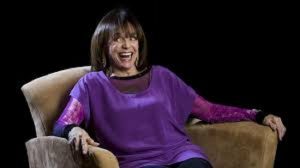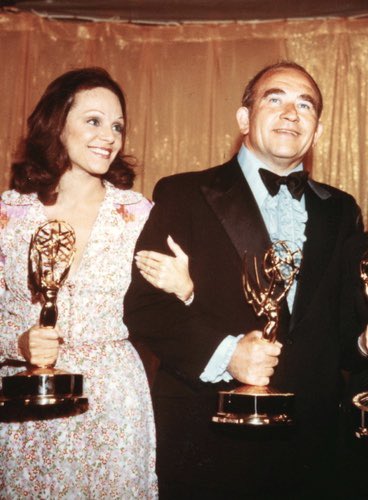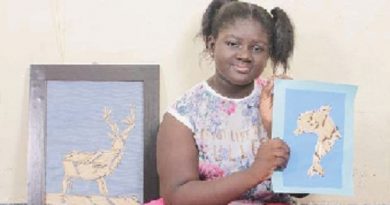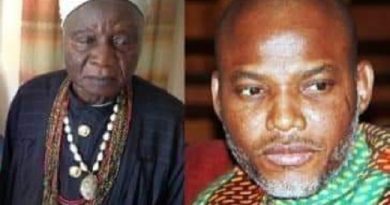How Valerie Harper Died At 80 After Long Battle With Cancer
Valerie Harper — best known as Rhoda Morgenstern, the feisty, scarf-wearing best friend of Mary Richards in The Mary Tyler Moore Show and its spinoff, Rhoda — has died, eight days after her 80th birthday.

Valerie Harper, shown in 2014, had been battling cancer since 2009. (Jay L. Clendenin / Los Angeles Times)
Harper’s daughter, Cristina Cacciotti, confirmed the news on Twitter. The actress passed away at 10:06 a.m. Friday “after years of fighting cancer,” but the family did not immediately disclose her cause of death.
Harper, who had successfully fought lung cancer in 2009, was diagnosed with terminal brain cancer in 2013 and given just three months to live. But she defied that prognosis: nine months later, the actress competed on Dancing With the Stars, and then reunited with her Mary Tyler Moore Show co-stars Moore, Betty White, Cloris Leachman and Georgia Engel on the Season 4 finale of Hot in Cleveland. (Moore died in 2017 and Engel died in April.)
Harper also appeared on Melissa & Joey, Signed, Sealed, Delivered, 2 Broke Girls and Children’s Hospital, among other roles, and did voice work in The Simpson and American Dad.
In 2014, Harper told People magazine that her leptomeningeal carcinomatosis — a condition that occurs when cancer cells spread into the fluid-filled membrane surrounding the brain, known as the meninges — wasn’t progressing, though it was still incurable. “It’s looking better and better each test,” she said. Her fighting attitude was on display as she added, “I don’t wake up saying, ‘Oh, I’m going to die.’ It’s a waste of time. It really is.”
Three years later, her oncologist told the magazine that it was “a miracle she’s still here.” Harper added, “I still have cancer, but I’m OK and most of my days are good.”
However, in July, a GoFundMe was started to raise money for Harper’s “unrelenting medical costs.” (It quickly raised nearly $70,000, but was shuttered after members of the entertainment industry stepped forward to help with expenses.). Soon after, her husband, Tony Cacciotti, shared the grim update that doctors wanted him to put Harper in hospice care. He said he couldn’t “because of our 40 years of a shared commitment to each other” as well as “the amazing good deeds” Harper “graced us with while she’s been here on Earth.”

Born in Suffern, N.Y., on Aug. 22, 1939, Harper began her career as a Broadway dancer and chorus girl, appearing in productions that featured fellow future TV comedy legends Lucille Ball and Jackie Gleason. She also traveled with Story Theater, a spin-off of the Second City comedy improv troupe, and co-wrote an episode of the comedy anthology series Love, American Style with her first husband, actor Dick Schaal. Harper was working in the Los Angeles theater scene in 1969 when she was asked to audition for The Mary Tyler Moore Show, leading to the role that eventually earned Harper four Emmys and a Golden Globe.
“The core idea of The Mary Tyler Moore Show was to portray people bumping up against people emotionally and intellectually — people coping with others, confronting others, making space for others in a realistic manner. The writers didn’t want to make statements. They wanted to reflect life,” Harper wrote in her 2013 memoir I, Rhoda. “[The] entire team maintained the highest level of smart comedy — characters and plot — without resorting to slapstick, vulgarity, or cliché. Rhoda was a perfect example of this fine balance. She was Jewish but the writers refused to have her speak Yiddish or satirize her ethnicity for cheap laughs.”

After The Mary Tyler Moore Show‘s fourth season, Harper starred in a spin-off, Rhoda, in which the character moved from Minneapolis and returned to her New York City hometown, married (and later divorced) single dad Joe (David Groh), and continued her career as a window dresser. Rhoda aired for five seasons on CBS and remains the only series in primetime history to have its pilot episode top the Nielsen ratings.
Once Rhoda ended in 1978, Harper went on to star in several TV movies before launching another sitcom, NBC’s Valerie, in 1986. By the end of the second season, the comedy—in which Harper starred as a happily-married mom of three boys—was becoming a hit and Harper demanded a salary bump. But the network and Lorimar, the production company, balked, and after a bitter public battle, Harper was fired from the show. Her character was killed off, and Sandy Duncan was brought in to play the boys’ aunt and new caretaker. (The show was later renamed twice: first Valerie’s Family and then The Hogan Family.) The following year Harper successfully sued Lorimar for wrongful termination and won $1.4 million and a share of the series’ profits.

Off-screen, Harper was involved throughout her career in AIDS charities, The Hunger Project, the Rape Treatment Center of Santa Monica, United Farm Workers, the Child Welfare League of America and LIFE (Love Is Feeding Everyone), a food distribution program she co-founded with actor Dennis Weaver.
Asked in a 2007 interview what she’d want on her tombstone, Harper answered, “‘She was in the game.’ I love to inspire people. I’d like to be remembered in a way that they would take action. I love to get people moving [to better themselves]. I’d like to be remembered for energy. Pulling people on the dance floor!”
Harper, who divorced the first husband Schaal in 1978, married producer and actor Cacciotti in 1987. She is also survived by daughter Cristina Cacciotti, and a stepdaughter, actress Wendy Schaal.







